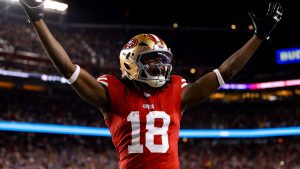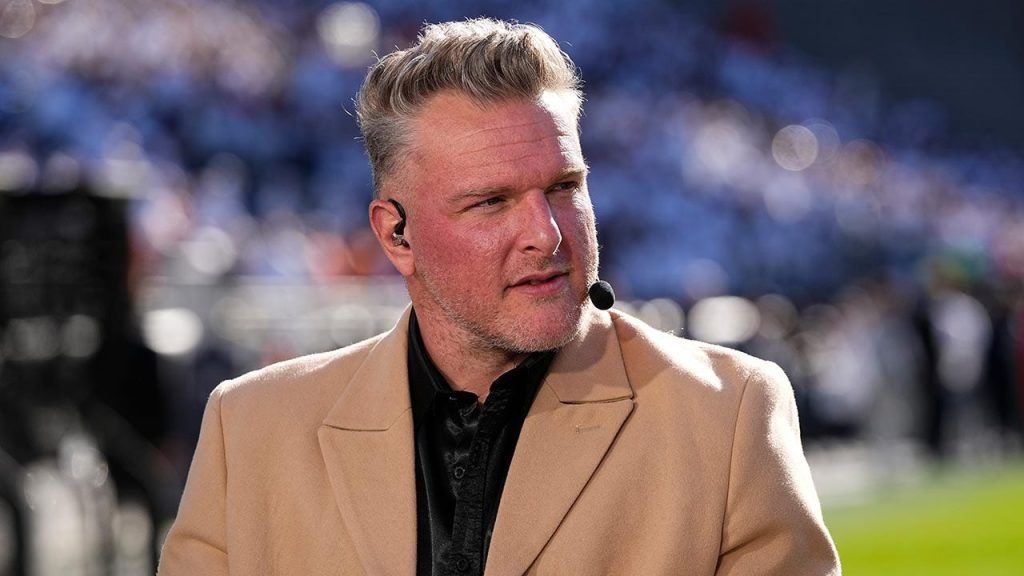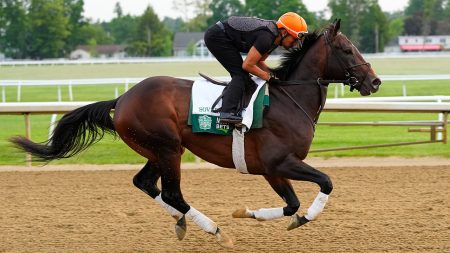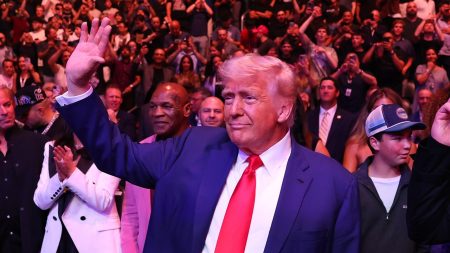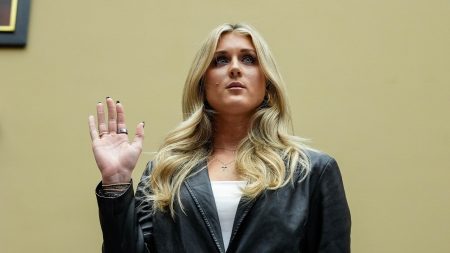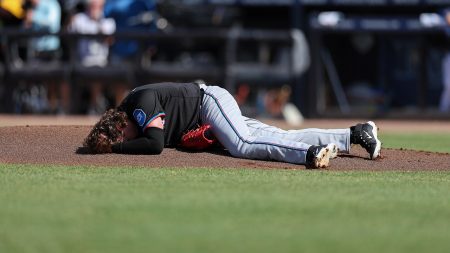Pat McAfee, former Indianapolis Colts punter and outspoken media personality, unleashed a torrent of criticism against his former team following their embarrassing loss to the New York Giants, a defeat that officially extinguished their playoff hopes. McAfee’s scathing commentary, delivered via a series of posts on X (formerly Twitter), transcended the typical post-game analysis, delving into what he perceived as systemic issues within the Colts organization, ranging from questionable work ethic and lack of preparation to a pervasive losing attitude. He specifically highlighted rookie quarterback Anthony Richardson’s decision to leave the field during a crucial third-down play in the red zone due to fatigue, an act McAfee deemed unprecedented and indicative of a deeper cultural problem within the team.
McAfee’s central argument revolved around the Colts’ apparent lack of professionalism and commitment. He cited instances of players arriving late to meetings and treatments, questioning the work ethic and dedication of the team as a whole. These issues, he argued, are antithetical to the values of successful teams, where discipline and preparation are paramount. He contrasted the current Colts squad with the teams he played for, emphasizing the stark difference in attitude and commitment. McAfee’s pointed criticism extended beyond individual players, taking aim at the overall culture within the organization, suggesting that a losing mentality had permeated the team, influencing everything from player behavior to on-field performance.
The incident involving Richardson served as a focal point for McAfee’s critique. He argued that a franchise quarterback, the supposed leader of the team, abandoning the field due to fatigue was not only unheard of but also a blatant sign of a lack of commitment and leadership. McAfee contended that such behavior would be unacceptable for any player, let alone the face of the franchise. He further asserted that Richardson’s decision reflected a broader issue within the locker room, suggesting a lack of accountability and a tolerance for subpar performance. He expressed doubt about the Colts’ ability to rectify these deeply ingrained problems, questioning whether a simple change in mindset would be sufficient to overcome the pervasive negativity.
Beyond the on-field performance and individual player actions, McAfee’s criticism extended to the Colts’ fan base and online community. He claimed that certain Colts blogs and fans, particularly those who had followed the team since 2020, had dismissed his earlier concerns about Richardson and the team’s trajectory. He suggested that these fans, in their blind loyalty, had failed to recognize the glaring red flags and had even attacked him personally for voicing his criticisms. This, he argued, further highlighted the disconnect between the reality of the team’s performance and the perception of some within the fan base.
McAfee’s disillusionment with the Colts extended to his decision not to renew his season tickets, a symbolic gesture reflecting his disappointment with the organization. He expressed his hope for the team’s eventual resurgence, emphasizing that the city of Indianapolis and the long-time Colts staff deserved a winning franchise. However, he also held the current players and coaches accountable for their poor performance, attributing their failures to arrogance, laziness, and a lack of professionalism. He characterized their early exit from playoff contention as another “early vacation,” suggesting that the players lacked the drive and commitment necessary to succeed in the NFL.
In closing, McAfee reiterated that his perspective was his own, acknowledging his role as a former punter, albeit one nominated for the Hall of Fame three times. He stressed that he wasn’t speaking for the entire city or all former Colts players, but rather expressing his personal observations based on his experience with the organization. He concluded with a damning indictment of the current Colts team, stating that he had never witnessed a group squander more opportunities, talent, and money than this one. His words painted a bleak picture of a franchise mired in dysfunction, lacking leadership, and desperately in need of a cultural overhaul.

